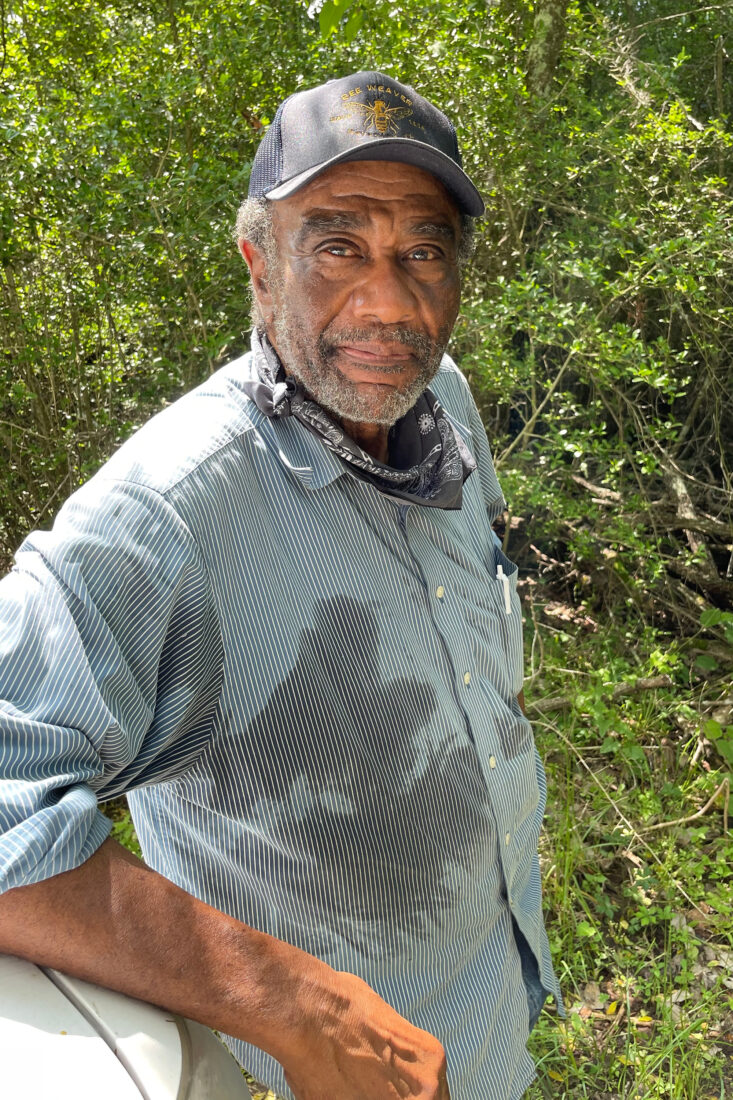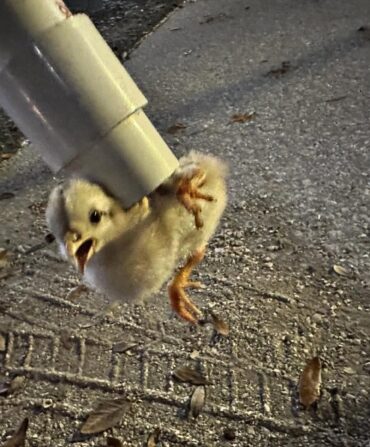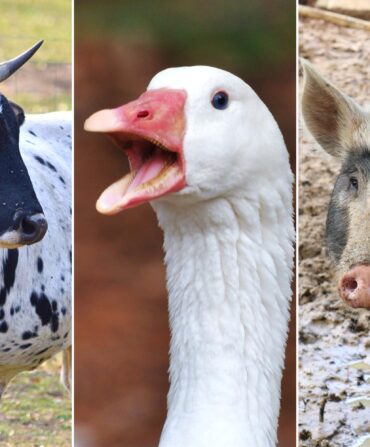There are some vocations that find us, choose us, and make themselves known. Vocations that veer far from what we’ve perceived or ever considered for ourselves. For Roosevelt Roberson, of Navasota, Texas, bees and all their buzzing glory unexpectedly found him as a young man, in the 1960s, thanks to a job advertisement in a local newspaper. The listing called for a beekeeper at what was then known as Weaver Apiaries; Roberson, twenty-one and looking for work, was intrigued. He contacted owner Roy Stanley Weaver, Sr., knowing nothing about what the role would entail—and knowing no other Black people doing this type of work.
More than fifty years later, Roberson has risen to head beekeeper at what is now known as BeeWeaver Honey Farm in Lynn Grove, Texas. And after all that time, the bees, he says, still keep him on his toes. Each day is often the same. Familiar rhythms and tasks that must be repeated. Days that start early when the sun is beginning to rise, peeking from its sleep among the clouds, moon, and darkened sky. But beekeeping can also be an adventure, whether he’s tending to the queens or calming the drones with a bee smoker. He likes that variety. Learning something new about bees and himself, in that way, is thrilling.
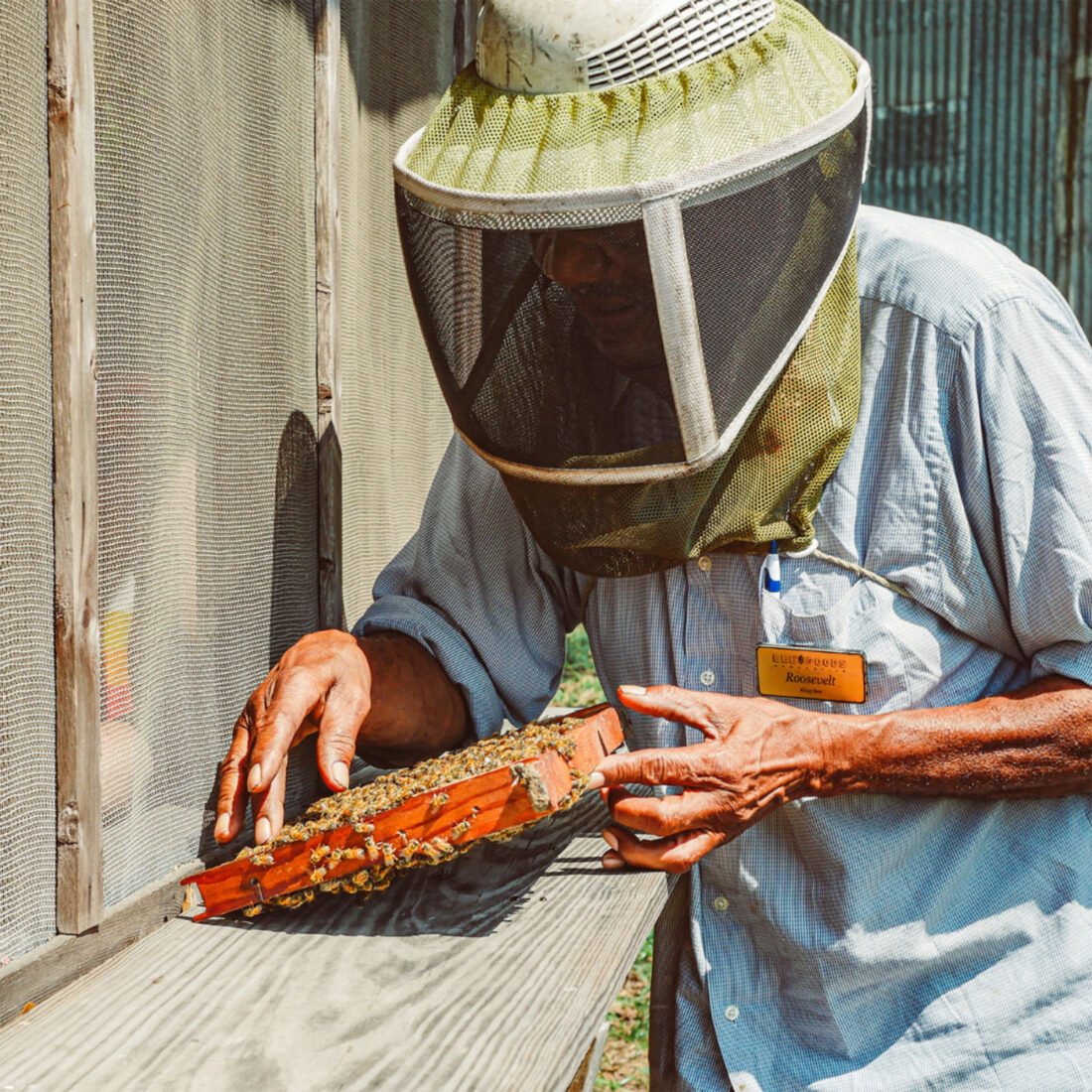
“On an average day of beekeeping, you get a little of everything,” he says. “You gotta honey problem you gotta take care of. You got a little feeding. You gotta take care of your queen bees. You gotta take care of your hives and make sure everything is jammed up.”
His journey hasn’t been without its obstacles. When he first started tending Weaver bees, it was still the 1960s in the South, just a few years after the passage of the Civil Rights Act. “A lot of times back in those days, beekeepers did a lot of traveling,” Roberson recalls, for tasks such as finding suitable flowers for pollination. “Sometimes I had problems wanting to stop and eat somewhere [while on the road] or riding in a vehicle with certain people.”
Through it all, he says, he’s learned more deeply about himself and about beekeeping—the beauty of honey, and its extraordinarily long shelf life; the different types of honey, such as clover and horsemint, and how their flavors vary based on which Texas wildflowers are in bloom. Roberson, with the aid of his queens and two other beekeepers, helps BeeWeaver produce more than 50,000 pounds of honey annually.
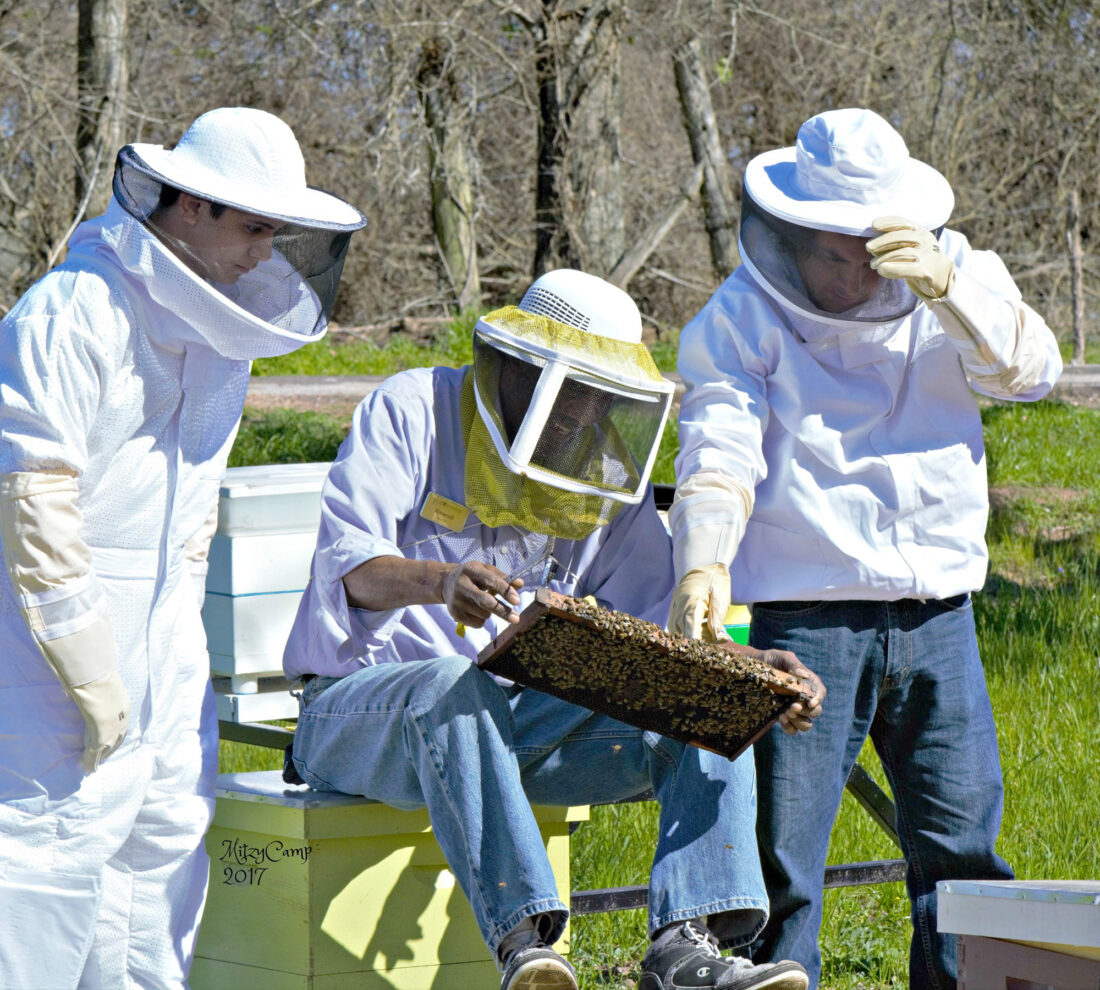
But honey isn’t the farm’s only attraction—Roberson has become something of a draw himself. In 2017, he began to share his know-how and unbridled devotion to all things bees by leading tours and classes at BeeWeaver. Now he’s known as King Bee.
And even though he’s seventy-seven now, retirement isn’t on his radar. He feels just as passionate about his work as he did as a hungry young man. That’s thanks in part to a singing, fluttering bird he encountered on the farm some years ago, one that inspired him in a way that still resonates. At the time, Roberson considered the bird to be a nuisance. Until he reframed the situation. “That little bird was singing and so happy,” he says. “And I was so uptight that day. But I changed my mind, and I started feeling better. Like I say, if you’re gonna be at a job every day, you better be happy. You better love it. And I love my job. When I retire, I won’t be knowing anything about it. That bird changed my mind that day.”


